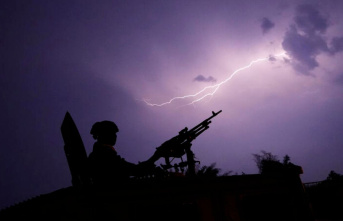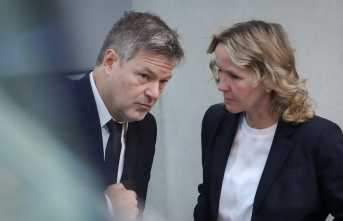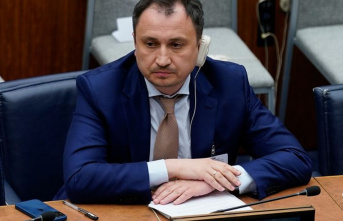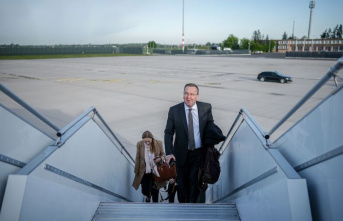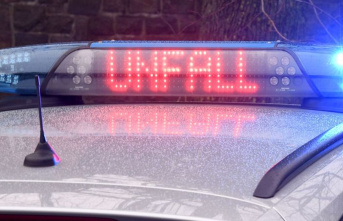Even two days after the blockade of the capital's BER airport by climate activists, criticism of the action continues. Chancellor Olaf Scholz (SPD) said on Saturday that he simply could not understand the actions. "They are not only incomprehensible, but also extremely dangerous, as one could see with the activities at BER, for example," said the chancellor at the state party conference of the SPD Brandenburg in Cottbus.
CDU leader Friedrich Merz described the participants in the BER campaign as "criminal offenders". "We must not trivialize such incidents," said Brandenburg's Prime Minister Dietmar Woidke (SPD) of the "Märkische Allgemeine Zeitung". The rule of law must and will act - he did not give any details. In Munich, all climate activists who were last in custody there were released again.
Activists from the "Last Generation" group gained access to the capital's BER airport on Thursday and temporarily paralyzed air traffic. Some got stuck on the tarmac. The Brandenburg State Criminal Police Office is investigating six activists for dangerous interference in air traffic, disruption of public services, trespassing and property damage, among other things.
Woidke said that a limit had been exceeded with the action at BER at the latest. The activists consciously accept the endangerment of people and structures in order to draw attention to themselves. This harms the important concern of climate protection.
Merz: "Serious crimes"
According to CDU leader Merz, the actions have nothing to do with the right to demonstrate or freedom of expression. "These are the most serious crimes that discredit the goal for which they are supposedly going to the airport," he said at a party conference of the Berlin CDU. The group, which has recently repeatedly blocked roads, is achieving the opposite of what it actually claims to want to achieve. Scholz said: "I also didn't understand what good it does for the climate if you smear works of art. In this respect, those involved should consider other activities than those that almost nobody in Germany accepts."
In Bavaria, meanwhile, 19 activists who were involved in sticking actions in Munich were released from police custody. On Friday afternoon, it was concluded "that the conditions for detention are no longer met, i.e. that further criminal offenses by those in detention are not to be expected, at least for the time being," said a spokesman for the Munich police headquarters. The "Last Generation" announced on Friday that it would initially refrain from further campaigns in Berlin and Munich. On Saturday, the group announced that the protest would resume on Monday, December 5, in Munich "with more people against the deadly business as usual".
According to the Bavarian Police Responsibilities Act, citizens can be detained for up to a month on the basis of a judicial decision in order to prevent the commission of an administrative offense of considerable public importance or a criminal offence. This period can be extended by a maximum of one additional month.
Merz recalled that the Union in the Bundestag had proposed increased penalties for such actions, "even under threat of imprisonment for the second time at the latest". He knows that most people don't get better in prison. "But the time they sit there is quiet outside." The Federal Association of the German Aviation Industry recommended that the companies and passengers affected by the action at BER "claim their damage against the group by way of claims for damages".
Linke boss Martin Schirdewan campaigned to take the concerns of climate activists seriously. "It's about us talking about the real problem and that's climate change, that's that we as a society are marching into the climate catastrophe," he said on Deutschlandfunk. The activists resorted to "drastic measures", which sometimes annoyed him. Ultimately, however, civil disobedience is "an important part of the political culture, as long as no one is harmed." There is no need to tighten criminal law.


